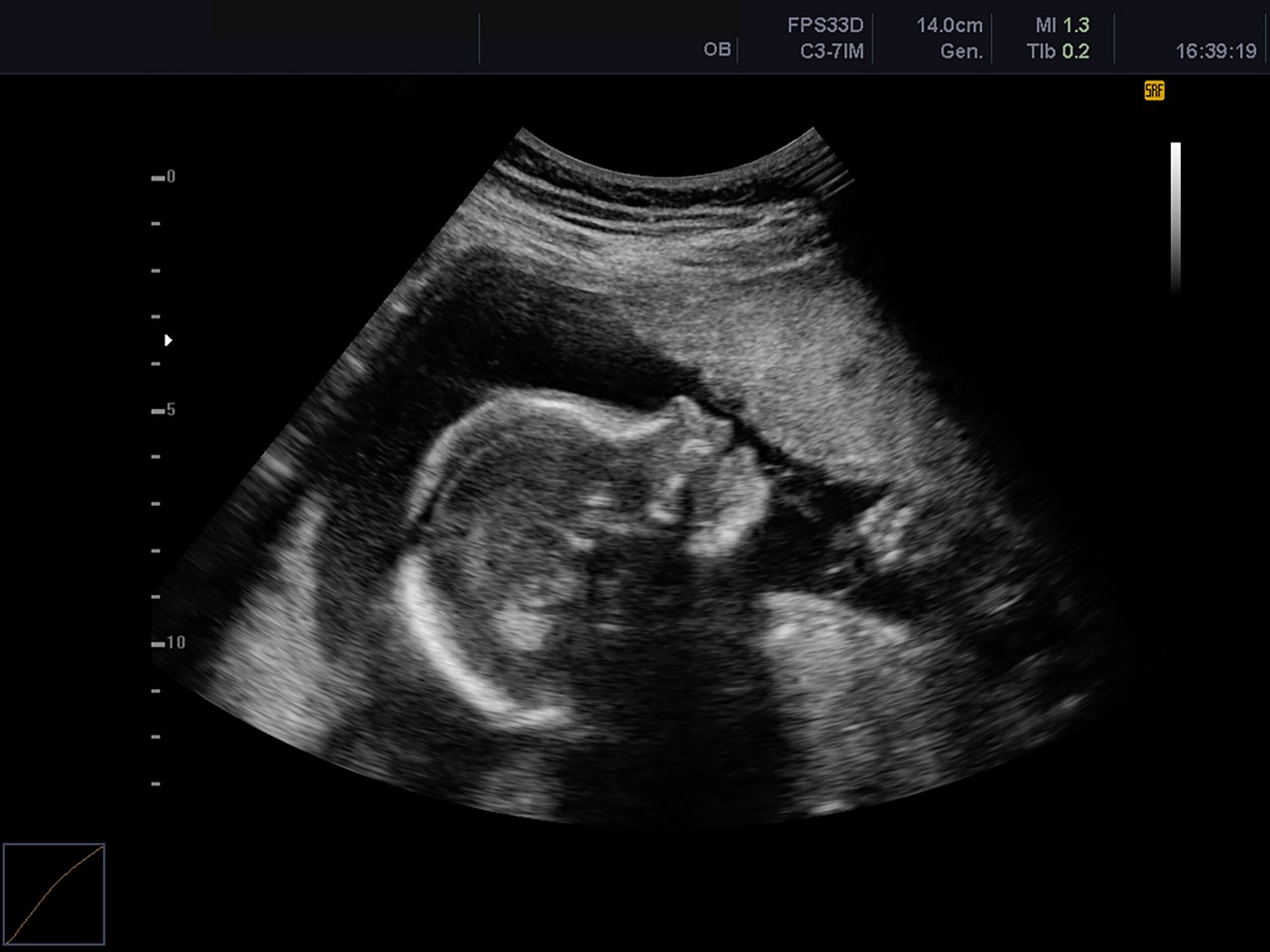WASHINGTON (BP) — Pro-life governors have signed into law a host of measures to protect unborn children in the wake of efforts in New York and other states to expand abortion rights to birth and beyond.
Mississippi Gov. Phil Bryant signed a bill Thursday (March 22) to prohibit abortion after a fetal heartbeat can be detected, continuing a series of pro-life advances by states and their governors.
The new pro-life measures follow New York Gov. Andrew Cuomo’s Jan. 22 enactment of a law legalizing abortion until the moment of birth and apparently permitting the death of babies who survive the procedure.
In addition to Bryant’s signing ceremony, other recent enactments by governors of pro-life bills passed by their legislatures include:
— South Dakota Gov. Kristi Noem signing into law March 20 a package of pro-life bills. The measures include provision of an opportunity for a woman to view an ultrasound of her unborn child and hear the heartbeat before an abortion and of reporting requirements regarding abortions.
— Kentucky Gov. Matt Bevin signing a ban March 19 on race-, sex- and disability-based abortions. He also signed a heartbeat bill March 15 similar to the one enacted in Mississippi. A federal judge has already blocked enforcement of both laws.
— Arkansas Gov. Asa Hutchinson signing legislation March 15 prohibiting abortions after 18 weeks of pregnancy with some exceptions.
Southern Baptist ethicist Russell Moore praised the states’ pro-life efforts.
“For decades, our nation has — to its shame — propped up a predatory industry that victimizes women and terrorizes unborn children,” said Moore, president of the Ethics & Religious Liberty Commission. “For too long, our federal government has ignored or done little to curb this legalized injustice.
“In states around the country, however, principled legislators have taken a remarkable stand in recent months against the slaughter of innocent children,” Moore told Baptist Press in written comments. “I’m thankful to see state legislatures around the country enact laws that will do a great deal to curb Planned Parenthood’s assault on women and children. My prayer is that many more states, and our federal legislators, would see and do likewise.”
Planned Parenthood, the country’s No. 1 abortion provider with its network of clinics, received more than $560 million in government grants and reimbursements in its most recent financial year.
Other states have moved toward adding pro-life laws in this year’s legislative sessions:
— The Tennessee House of Representatives and Ohio Senate have passed heartbeat bills, and the governors in both states reportedly have pledged to sign them if they reach their desks. The heartbeat of an unborn child apparently can be detected as early as six weeks into pregnancy.
— In Indiana and North Dakota, the Houses of Representatives have approved bans on dismemberment abortion, a technique in which unborn children are torn apart in the womb, according to a March 22 report by the National Right to Life Committee (NRLC).
— The Missouri House passed a pro-life omnibus bill that includes bans on race-, sex- and disability-based abortions and on abortions 20 weeks or more into pregnancy based on scientific evidence that a child in the womb experiences pain by that point.
Meanwhile, other states are seeking to strike down abortion regulations, although at least one state recently turned back such an attempt.
The New Mexico Senate defeated a bill March 14 to decriminalize abortion. If enacted, the proposal would have repealed a requirement of parental consent for a minor’s abortion and a restriction that only a licensed physician could perform the procedure, according to the Baptist New Mexican, newsjournal of the Baptist Convention of New Mexico.
The New Mexico House already had passed the bill, and Gov. Michelle Lujan Grisham supported it. But eight Democrats joined the Senate’s 16 Republicans to reject the measure in a 24-18 vote.
Jay McCollum — pastor of First Baptist Church in Gallup, president of BCNM’s Christian Life Committee — commented on the pro-life victory in the state Senate during an interview on the national radio program Washington Watch With Tony Perkins, president of the Family Research Council.
McCollum, who is also a member of the Southern Baptist Convention Executive Committee, said he “can’t underestimate the power of prayer” in the successful effort to stop the bill, the Baptist New Mexican reported. “All across our state we have been having prayer meetings, prayer groups, churches stopping in their worship services [to] pray.”
New York’s new law legalizes abortion until birth for the mother’s “health,” which is not defined and has been interpreted by the U.S. Supreme Court to include essentially any reason. The law is so radical it permits infanticide by eliminating protections for babies who survive an attempted abortion and by removing fetal homicide penalties, according to Americans United for Life. It also enables non-physicians — midwives, nurse practitioners and physician assistants — to perform non-surgical or chemical abortions.
Similar legislation has gained approval in one legislative chamber in Rhode Island and Vermont, and the governor in each state has promised to sign the proposal into law, NRLC reported.
While the U.S. Supreme Court struck down state laws in its Roe decision in 1973, a companion ruling — Doe v. Bolton — had the effect of legalizing abortion “on demand,” as pro-lifers have described it. In Doe, the high court provided an exception from state regulations of abortion for “maternal health,” which it defined as “all factors –- physical, emotional, psychological, familial and the woman’s age –- relevant to the well-being of the patient.”
The Supreme Court affirmed Roe in a 1992 opinion but also ruled that states may regulate abortion to protect the lives and health of women.
With an apparently more conservative high court, abortion rights advocates are looking ahead to Roe v. Wade’s possible reversal, which would return the issue to the states if such a ruling took place.





